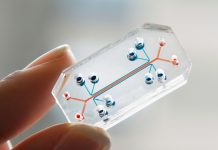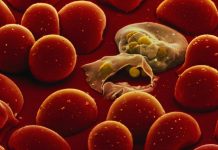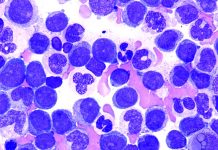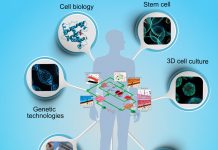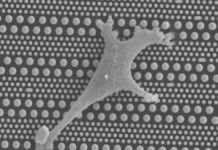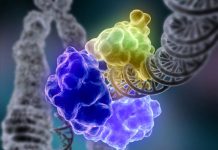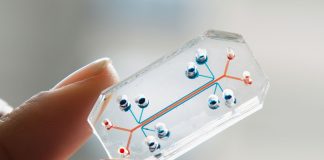Fastgene project : A microfluidic system for bacteria and viruses diagnosis in just 7 minutes
1. Aim
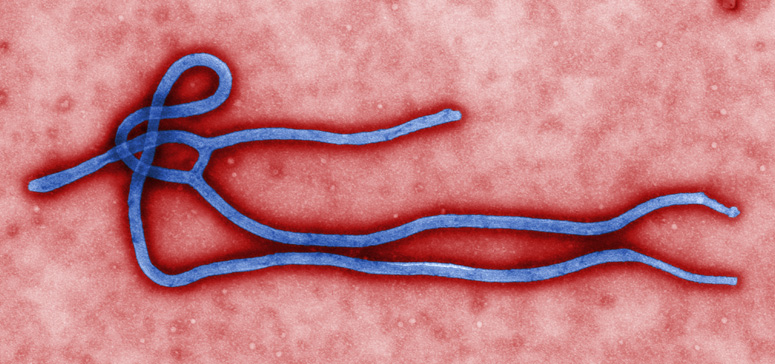 Detecting ebola in 8 minutes? Anthrax in 7 minutes?
Detecting ebola in 8 minutes? Anthrax in 7 minutes?
The aim of the Fastgene project is to exploit the unique features of microfluidics, to provide the world’s fastest qPCR system for medical diagnosis. Indeed, Fastgene can detect the presence of pathogens such as Bacillus anthracis (Anthrax agent) and the Ebola virus in less than 8 mins (which means 7 times faster than conventional apparatus). More importantly, this outstanding reduction in the duration of the assay does not affect qPCR amplification volume, efficiency or sensitivity which are on par with conventional apparatus.
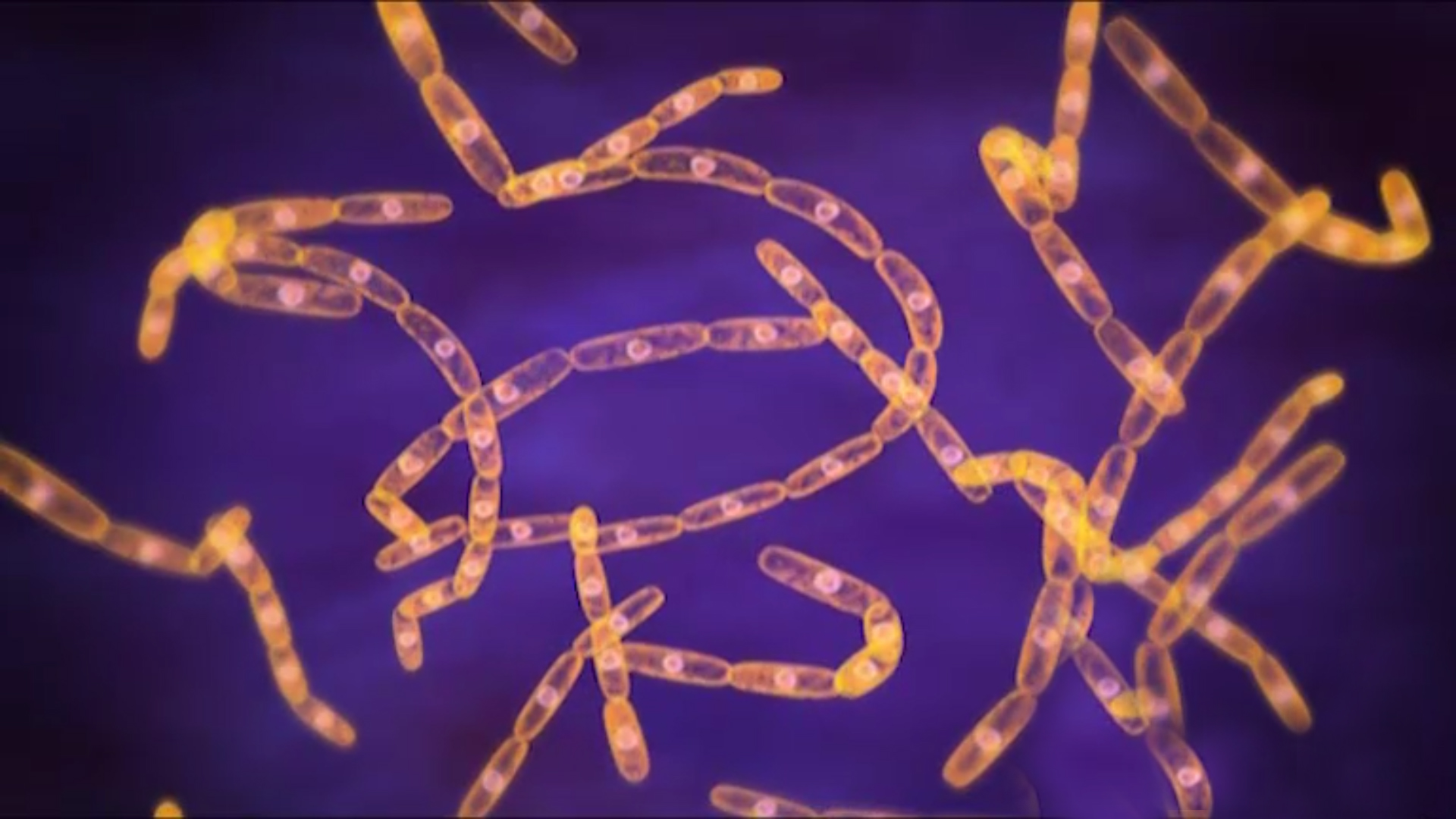 Why is it so important to be fast and specific?
Why is it so important to be fast and specific?
The 2014 Ebola outbreaks demonstrated that currently available diagnostic tools are not up to tackling effectively widespread epidemics. Indeed, current devices are:
- either fast but lacking sensitivity, meaning that they don’t allow early diagnosis.
- or sensitive but time consuming, meaning that they need several hours to produce a result that can be processed by a doctor.
2. The history of the Fastegene project
Elvesys comitted to developing the fastest specific diagnostic tool
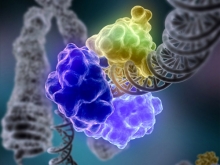 The Fastgene system allows ultra-fast assays typical of research oriented setups, while retaining the same performance as regular systems in terms of sensitivity and specificity. Such performances are made possible thanks to the most sensitive and reliable diagnostic method: the real-time Polymerase Chain reaction (qPCR).
The Fastgene system allows ultra-fast assays typical of research oriented setups, while retaining the same performance as regular systems in terms of sensitivity and specificity. Such performances are made possible thanks to the most sensitive and reliable diagnostic method: the real-time Polymerase Chain reaction (qPCR).
Fastgene : from a Phd thesis work to the most innovating system of 2014
![]()


Elvesys is a French startup in microfluidics founded in 2011. Since then, Elvesys has created a new start-up every year. In 2012, it obtained funding from the DGA for Fastgene, managed in partnership with the ENS Paris. In 2014 Elvesys was awarded at the “Innovation 2030 Worldwide Challenge” thanks to Fastgene.
2010 : Guilhem Velvé Casquillas, CEO and founder of Elvesys, patents a novel microfluidic-based thermalization system for cell biology.
2011 : Guilhem Velvé Casquillas, together with his associates, founds Elvesys microfluidic innovation Center in March 2011.
2012 : Elvesys receives funding from the French ministry of Army (DGA) to carry on and develop project Fastgene.
2013 : Elvesys leads project Fastgene in partnership with the prestigious Ecole Normale Supérieure (ENS) of Paris.
3. The system and its performances
Microfluidics and qPCR : Fastegene’s powerful weapons against diseases
The Fastgene diagnostic system is based on the quantitative polymerase chain reaction (qPCR), a molecular test that detect the DNA of bacteria and viruses. The Fastgene technology uses a patented microfluidic thermalisation technique using both the relevant advantages of microfluidic chips and Elveflow’s high performance pressure controllers.fastgene-versus-pathogens_-an-epidemical-tracking-system
Outstanding thermalization performaces enables ultra-fast detection
Microfluidcs thermalization is at the basis of Fastgene, allowing it to be the fastest microfluidic-based diagnostic tool to our knowledge. Indeed, 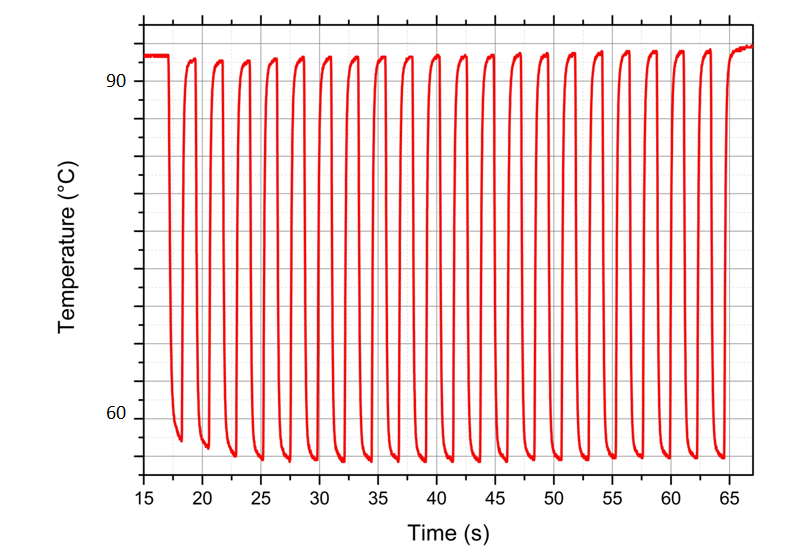 the Fastgene system has been tested on Anthrax and Ebola simulating agents in 7 minutes making it 7-14 times faster than current systems. Furthermore, Fastgene detection limit is on par with off the bench systems.
the Fastgene system has been tested on Anthrax and Ebola simulating agents in 7 minutes making it 7-14 times faster than current systems. Furthermore, Fastgene detection limit is on par with off the bench systems.
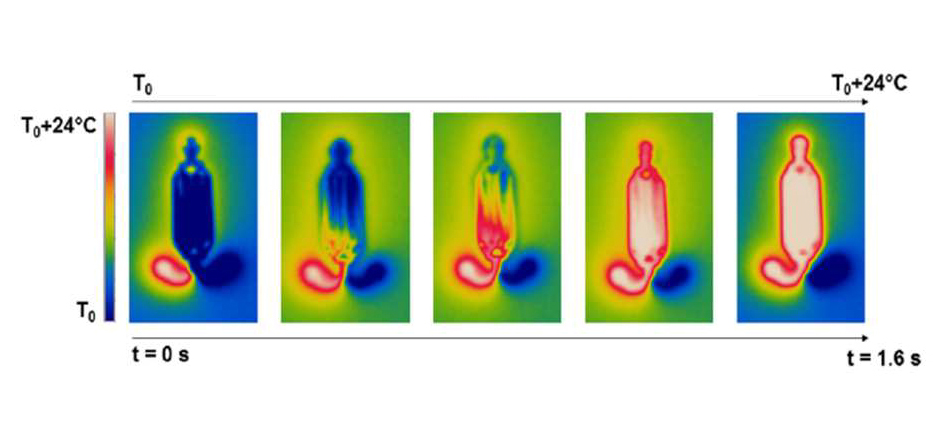
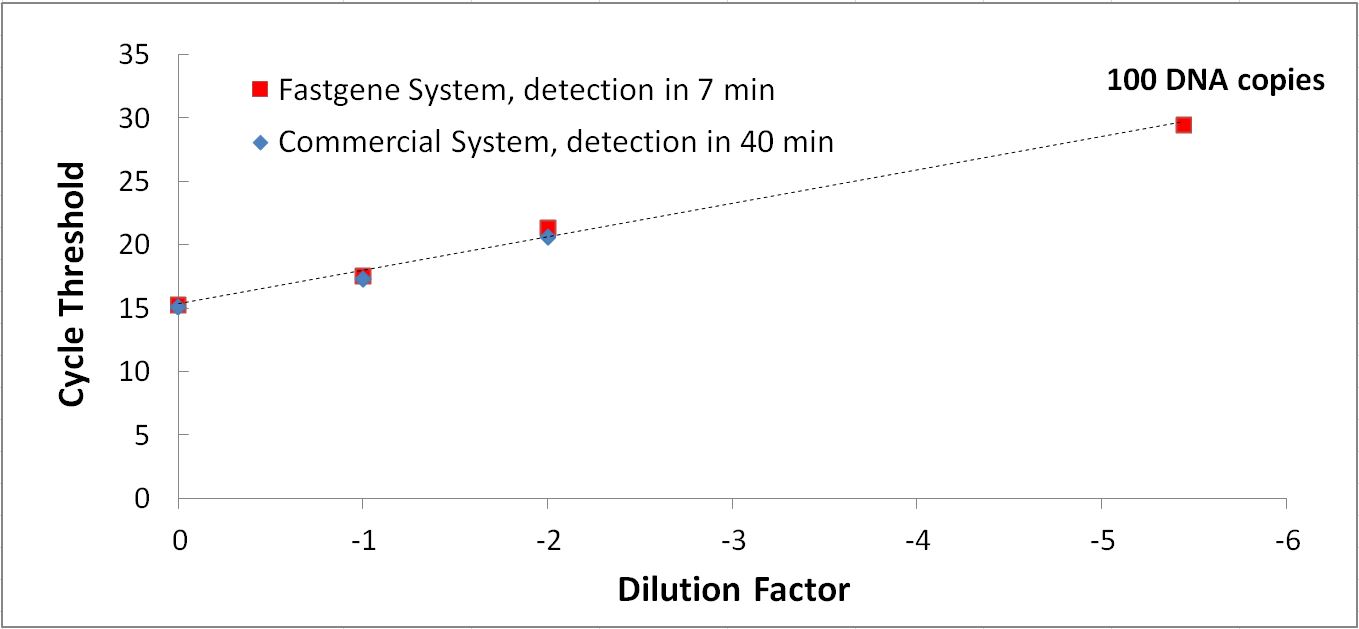
Molecular detection efficiency of the Fastgene system: despite being 6 times faster, the Fastgene system presents the same amplification efficiency as commercial state-of-the-art system. The Fastgene system presents also the same sensitivity (1,2).
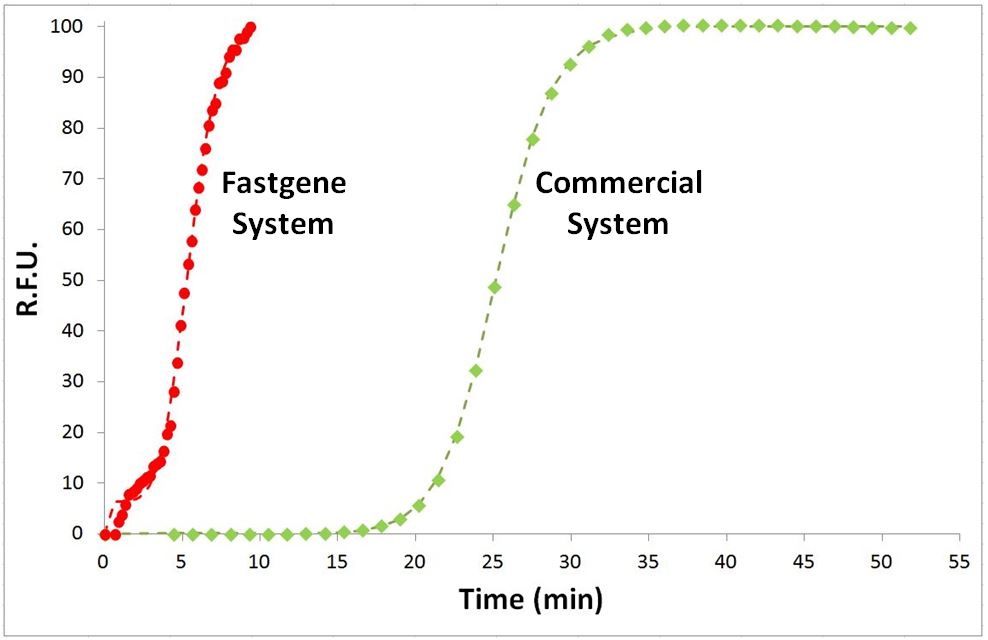 Molecular detection of the Fastgene compared to a commercial state-of-the-art system: the Fastgene system enables a detection 6 times faster.
Molecular detection of the Fastgene compared to a commercial state-of-the-art system: the Fastgene system enables a detection 6 times faster.
4. The people
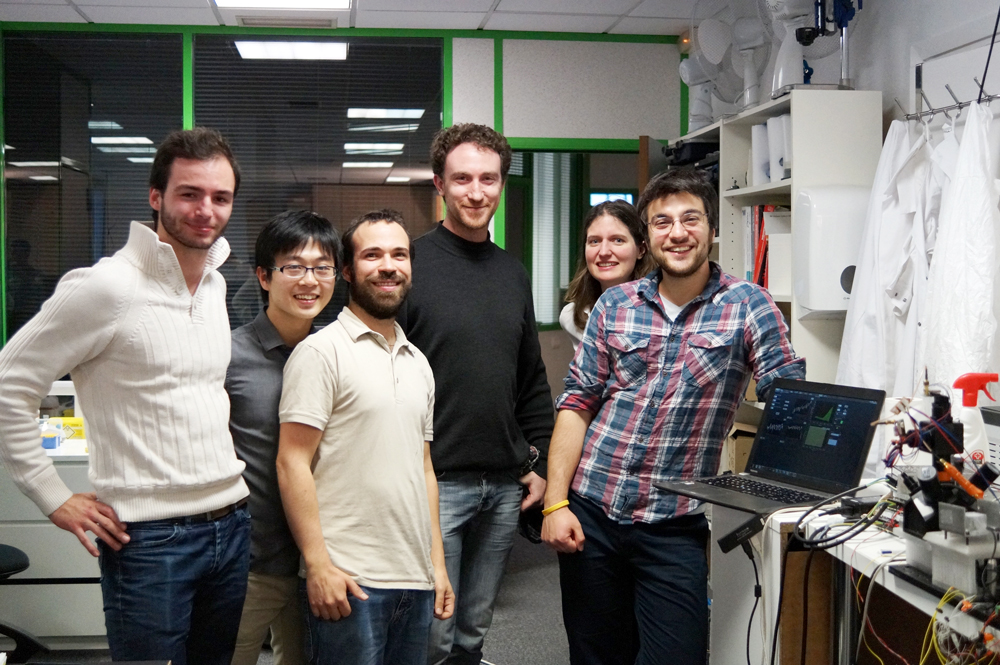
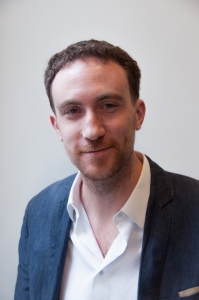
DR. MAËL LE BERRE
ELVESYS CTO
Phd in Microfluidics
Manager of the Project

WALTER MINELLA
MARIE CURIE PHD FELLOW
Msc in Applied Physics
Responsible of thermics and fluidics
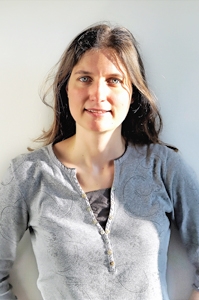
MATHILDE DUPARD
R&D ELECTRONICHS ENGINEER
Msc in Electrotechnics
Responsible of Electronics

DR. PIERRE-EMMANUEL DOUARRE
R&D MOLECULAR BIOLOGY ENGINEER
PhD in Microbiology
Responsible of molecular biology

DR. AHN DUC VU
R&D OPTICS ENGINEER
PhD in Physics
Responsible of optics

MORGAN CAZAUD
INTERN
Msc in Electrotechnics
Mechanical conception



